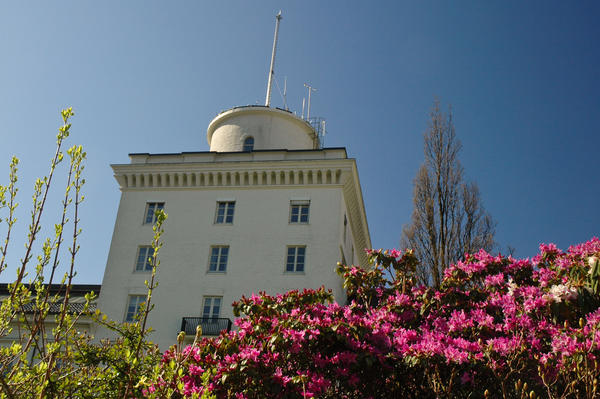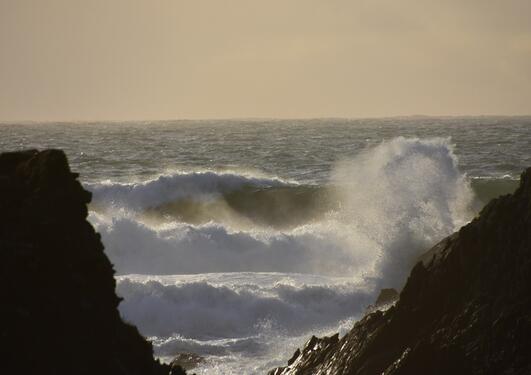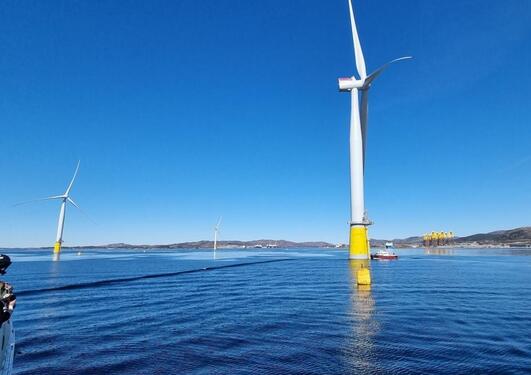
Storms, ocean currents, raindrops, avalanches, heat waves and CO2 exchange, it all boils down to physics. At Geophysical Institute we explore the driving forces of nature.
We do research and education in meteorology, oceanography and climate, within five research groups:
Make your studies here
Are extreme weather events a result of climate change? Can all ice on the earth melt, and what will happen in that case? How will global climate change impact the climate in Norway? Where does the Gulf Stream come from and how do ocean circulations work? How can we tell what the weather is going to be like by just looking at the clouds? Why is it warmer in Norway compared to other places at similar latitudes?
We will teach you how to find the answers.
Here you find our study programme. For more information, contact the student advisors.
Want to know more about the student life at our Institute and the GFI social activities?
By the way, do you know that the job opportunities are very good for our students?
Calendar
We contribute to
Bjerknes Centre for Climate Research and we host the Bergen Offshore Wind Center and the Research school on changing climates in the coupled earth system (CHESS).
Our forefathers
Vilhelm Bjerknes, Harald Sverdrup and Bjørn Helland Hansen. Polar expeditions and the theoretical foundation of modern weather forecasting. A wind of history blows through the corridors of our institute.



